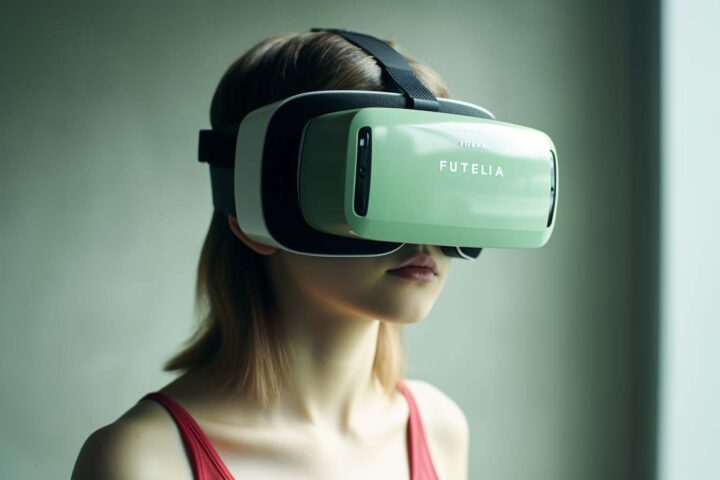In today’s rapidly evolving world of retail, staying ahead of the curve requires a keen eye for emerging technologies. These innovations have the power to not only shape the future of the industry but also provide a competitive edge for businesses willing to adapt. From artificial intelligence to augmented reality, the possibilities seem endless. In this article, we will explore some of the most exciting retail technologies on the horizon and discuss how they can revolutionize the way we shop and do business.
The Rise of Artificial Intelligence (AI)
AI is no longer just a concept found in science fiction movies; it is becoming an integral part of the retail landscape. With the ability to analyze huge volumes of customer data, AI enables retailers to gain actionable insights into consumer behavior and preferences. This data-driven approach allows businesses to personalize the shopping experience, making it more relevant and engaging for individuals.
Through AI-powered chatbots, retailers can provide instant customer support, helping to streamline the buying process and enhance customer satisfaction. These intelligent virtual assistants are available 24/7, answering queries, guiding customers, and even making personalized recommendations. Harnessing the power of AI can significantly improve customer service and ultimately drive sales.
Augmented Reality (AR) for Immersive Shopping
One of the most exciting developments in retail technology is the integration of augmented reality (AR). With AR, retailers can offer consumers a truly immersive shopping experience, allowing them to visualize products in real-world settings before making a purchase.
Through AR apps, customers can virtually try on clothing, experiment with different home decor options, or even envision how a piece of furniture might fit into their living space. This level of interactivity not only enhances the shopping experience but also reduces the likelihood of returns, as customers have a better understanding of how the products will look and function.
Contactless Payments and Mobile Wallets
In a world where convenience is key, contactless payments and mobile wallets are gaining popularity at an unprecedented rate. These technologies enable consumers to make purchases with a simple tap or wave of their smartphone or credit card, eliminating the need for physical cash or cards.
With the ongoing pandemic, contactless payments have become even more relevant due to their hygiene benefits. Many retailers are now integrating payment systems that support popular mobile wallets, such as Apple Pay and Google Pay. By embracing these contactless payment solutions, businesses can not only provide a seamless checkout experience but also cater to the preferences of tech-savvy customers.
Internet of Things (IoT) for Smart Retail
The Internet of Things (IoT) is revolutionizing the retail industry by connecting devices and creating smart, interconnected spaces. Through IoT, retailers can optimize operations, improve inventory management, and enhance the overall customer experience.
Smart shelves equipped with RFID tags can monitor product levels in real-time, alerting store associates when it’s time to restock. This minimizes the risk of out-of-stock situations and ensures a smooth shopping experience for customers. Additionally, IoT-powered beacons can send personalized offers and promotions to shoppers’ smartphones based on their precise location within a store.
Furthermore, IoT devices enable retailers to gather valuable data on customer behavior and preferences, enabling them to make informed decisions regarding product offerings, store layouts, and marketing strategies.
Wrapping Up
As technology continues to advance at an unprecedented pace, retail businesses must keep a close eye on emerging trends and be willing to embrace innovation. From artificial intelligence and augmented reality to contactless payments and the Internet of Things, these retail technologies offer exciting opportunities to enhance the customer experience, drive sales, and stay ahead of the competition. By staying informed and actively implementing these innovations, businesses can future-proof their operations and shape the future of retail.







